Director of Research Dr Robert O'Connor on Covid-19 vaccine for cancer patients

News of COVID illness has dominated most of our lives now for many months. While everyone is at risk of serious COVID illness, those who are older and/or have certain illnesses, such as cancer, appear somewhat more likely to catch the virus and are also much more likely to face very serious health consequences if they become infected. Those who are affected by cancer are also much more dependent on a functional health system for treatment and routine care. High rates of COVID in our community mean more health workers will be out caring for family members, preventatively isolating or sick themselves. As our health services struggle to deal with large numbers of cases, GPs have less time to manage the numbers of patients calling on their expertise, procedures get delayed and treatment changes may be necessary. Hence, the health impact of COVID on cancer outcomes is much wider than simply whether an individual gets sick with the illness or not.
Vaccines benefit those who receive them but the bigger benefit is actually seen in our community as a whole. Low rates of infections (which high uptakes of vaccines provide) allow the incredible people in our health service to focus on the other vital aspects of our health system. High rates of illness compromise that. Hence, if we want to be able to easily get a doctor’s appointment or make sure a loved one can get treatment for a disease reasonable quickly we must all play our part in driving the infection from our community through vaccination.
Through an unprecedented effort, vaccines are now gradually becoming available to help mitigate the terrible toll this illness is wreaking on our society. However, these vaccines are new and many of us have questions. In the following text, I will try to answer these questions with the latest information we have available.
Why do we need vaccines?
The virus that causes COVID comes from a family of viruses that have long given rise to colds and similar infections in man and animals. However, the SARS-CoV2 virus (the bug causing COVID) is a new strain that we have not been exposed to previously and that can have a very wide range of effects on us without our bodies being immune to these effects.
- For approximately 1/5 of us, we can be infected and pass the disease on to others for a number of days without ever showing symptoms.
- The majority of those infected will develop an infection that feels like a very bad flu. We will be sick for several weeks and those around us have to isolate to prevent others from picking up the infection.
- For approximately 1/3 people they will be left with lingering health issues such as fatigue, breathlessness, pain and/or mental health challenges.
- In Ireland currently around 1/14 of those infected require hospital treatment for their illness with the fatality rate at 2%, or about 1/50 of those who become infected. Much but by no means all of that mortality is found to occur among those who are older and have underlying health conditions.
- The disruption of the illness is causing massive impact on all aspects of our lives from impeding family and friend contacts through to major issues in how our health system supports us against other illness and in the working of our economy as a whole.
- In communities that have not been able to curb infection rates more than 1/300 people in the community as a whole die just from the illness and many more die from knock on effects on healthcare and economics.
By stopping people getting sick from the virus, vaccines will play a major role in reducing the health burden, allowing a return to normal social and cultural interactions and getting our economy back working again. While vaccines give individual benefit, their main role is protecting the health and wellbeing of the community as a whole.
What is a vaccine?
Our bodies are constantly exposed to bugs – viruses, bacteria etc which could make us ill. If we are infected with a bug it usually starts to grow inside our bodies.
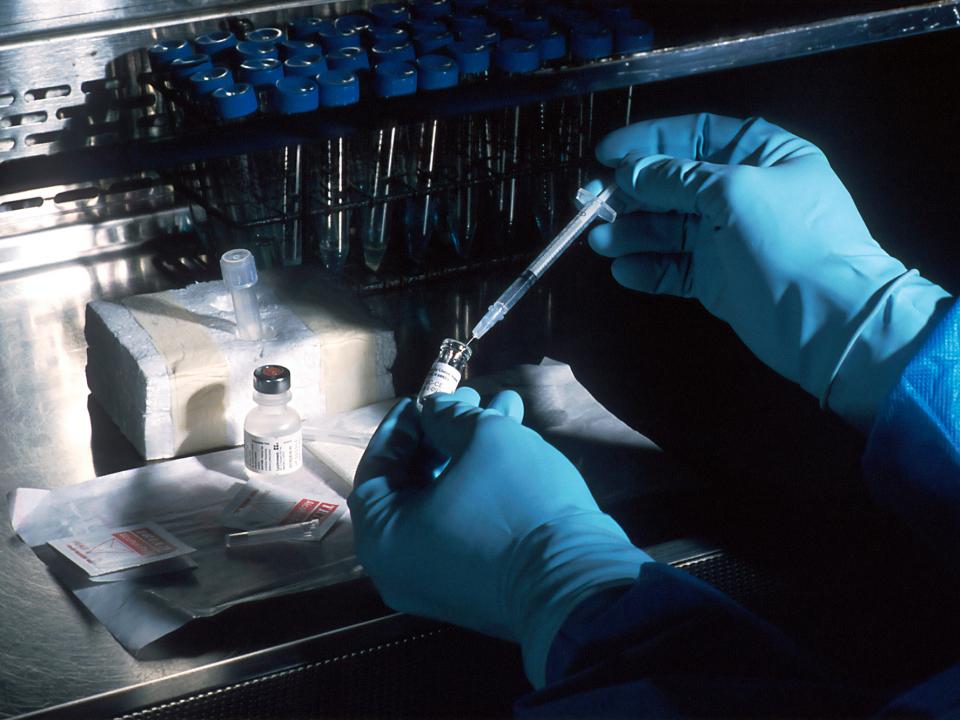
As it does so, particular parts of our immune system start to recognise some specific substances, called proteins, which the bug makes and which are not normally found in the body. Over a couple of weeks, that immune system targets cells making these foreign proteins and thereby curbs and then eliminates the infection. Importantly, our immune system remembers these foreign proteins and if the same bug gets into our body again is better primed and ready to repel these foreign organisms and hence we are said to be “immune” to that infection. For some infections, that immunity may last many years but in others, the immunity may not last as long.
Unfortunately, while our immune system is learning to fight a new infection, we can be very affected by the bug growing in our body. With some viruses, such as SARS-CoV-2, the infection may cause death before we become immune. This virus also seems to cause long term- possibly permanent damage among some of those infected (irrespective of their age).
While there are lots different types of vaccines available, they all work on the principle of training the immune system to recognise key infection proteins but without giving the person the actual infection.
Vaccines are simply a way to mimic the natural processes of immunity without the risk of getting sick from the illness.
Because vaccines are given to people who are otherwise healthy they are very closely examined and monitored for safety by agencies responsible for assuring the safety of all of our medicines.
In stimulating the immune system, all vaccines will tend to cause some general symptoms of a triggered immune response in those who are immunised. So symptoms such as mild pain at the injection site (for injected vaccines), redness, increased temperature for a time (fever or chills), aches and pains in our muscles or joints, headache, raised glands and tiredness all occur, temporarily, with all vaccines at various rates in a few of those receiving them.
Are COVID vaccines safe?
The decision as to whether any medicine is regarded as safe or not is made by expert independent medicines regulatory agencies. These are exactly the same agencies we trust to oversee every medicine we ever get from a doctor: That paracetamol tablet you took this morning for a headache, the tablet you take to keep a heart attack at bay, it’s the same folks, using the same processes making sure these are all safe.
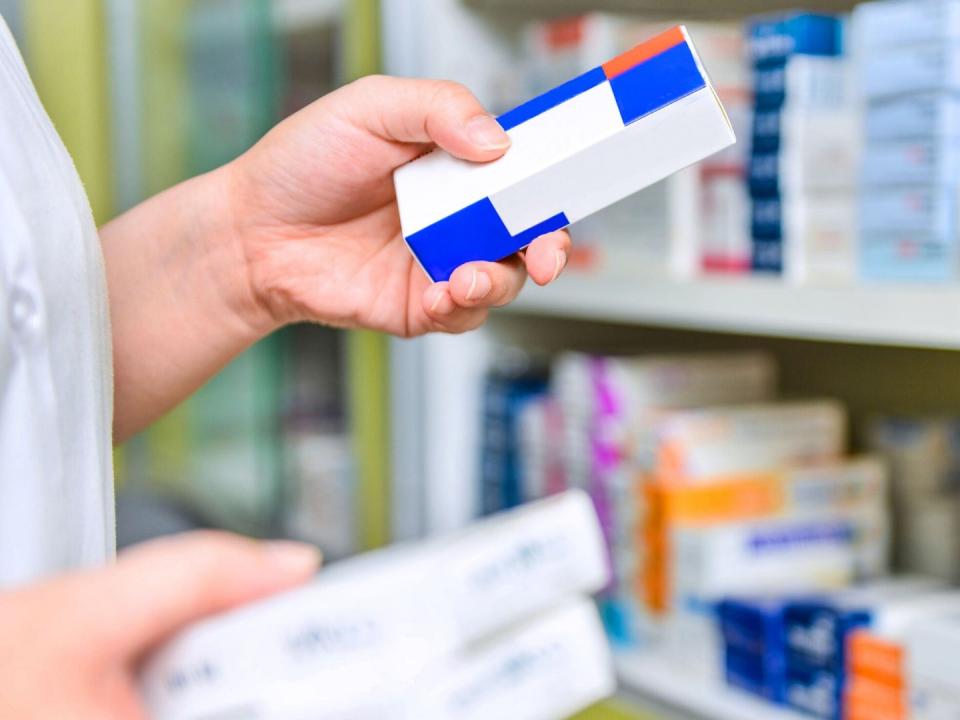
We rely on similar processes to assure safety in all we do, be that the car we drive or the airplane we take on a foreign trip; all use independent expert agencies to assure safety. In Ireland, decisions on medicinal safety are first made by independent experts in the European Medicines Agency (EMA) and these are then followed up by the medicines safety experts in the agency responsible for medicines oversight in Ireland – the Health Products Regulatory Authority (HPRA). These agencies are responsible for all of our medicines and look at all aspects of safety, including production of a medicine, as well as the evidence as to how well it might work. Once a decision is made that a medicine is safe and works, these agencies also monitor the impacts of that medicine for as long as it is in use (years if not decades).
For a medicine to be approved independent experts have decided that all of the evidence indicates that the vaccine is indeed safe.
Normally it can take several years for a vaccine to be developed. Much of this delay has historically related to challenges in the technology used to create the vaccine in the first place, the time needed to conduct clinical trials, the development of factories able to make the vaccine at the scale needed and regulatory agencies waiting until the end of all of these processes to render their decisions.
Knowing that time could be important in more quickly curbing the worst effects of an infection spreading globally, some scientists and doctors began developing and testing new vaccine technologies and production methods in the 1990s. Over those three decades since, researchers honed and improved these methods to be able to generate vaccine candidates for a new disease, with high likelihood of being safe and being made more quickly at the scales needed for vaccinating hundreds of millions of people. Recognising the potential catastrophic effects of the COVID pandemic regulatory agencies also agreed to examine safety information as soon as it was generated, rather than at the end of the process. Governments and pharmaceutical companies also invested billions of euro/dollars into vaccine candidates as soon as the genetic sequence of the virus was known to ensure that factories and processes were on standby to make large quantities of vaccine quickly once safety had been confirmed.
So while the virus causing COVID was only identified In January 2020, the first approved vaccine was announced in December 2020.
This incredible feat was made possible by decades of research, overcoming typical log jams and processes that often hold up approval of a vaccine.
Several other companies have also been developing vaccines based on different technologies and most experts expect that approximately five new vaccines will be found to be safe and effective and approved as safe by summer 2021. Collectively these vaccines will likely save tens if not hundreds of millions of lives and more rapidly allow our society to get back to normal interactions.
At time of writing one, Comirnaty, the recently approved vaccine developed by Pfizer-BioNtech, has been tested in tens of thousands of people around the globe and already given to millions more. The Moderna COVID-19 vaccine has also been approved subsequent to 15,000 people receiving the active vaccine in a placebo controlled trial. As with all other vaccines, these studies found that the mild pain, redness, headache etc happen somewhat commonly among those receiving the vaccine and at rates similar to those seen in other vaccines. There have been very small numbers of reports of more severe allergic-type immune reactions among those with histories of more severe allergy, again such reactions are known to occur with all vaccines. This is why vaccines are administered by trained health professionals who know how to manage allergic-type reactions. When you get vaccinated you’ll be asked to wait 15 minutes in the highly unlikely chance that this could happen to you! In the tiny number of cases where this has happened, the individuals affected all made rapid and complete recoveries.
Similar findings are being found with the other vaccines that are currently emerging from late stage clinical trials and which are undergoing regulatory scrutiny. Each vaccine uses variations or different technology to generate immunity and hence must be separately tested to ensure safety.
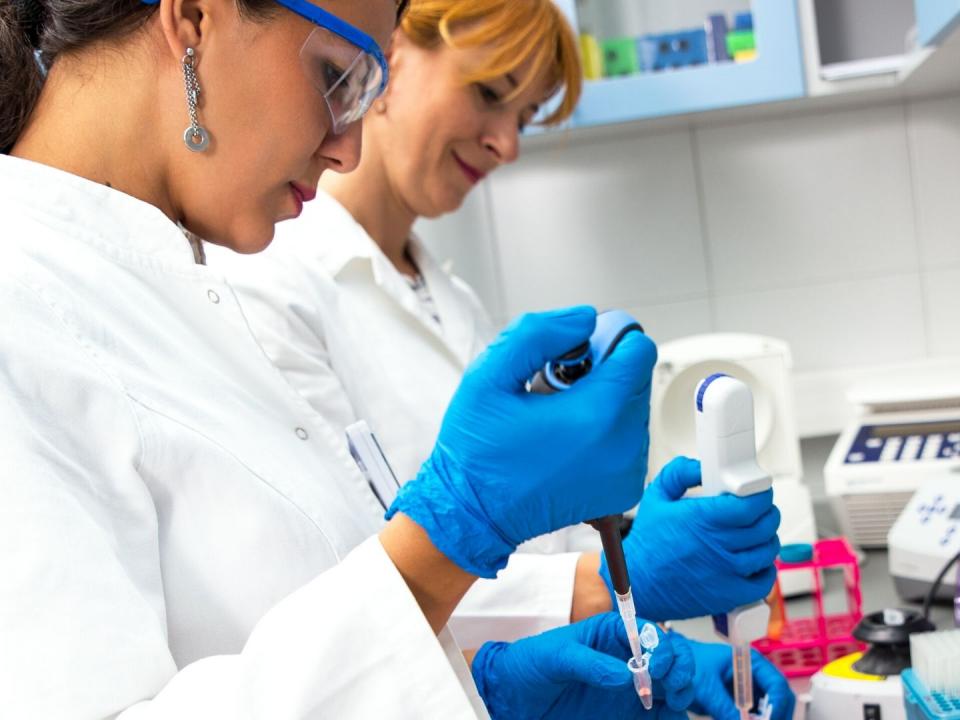
Independent and ongoing safety and usefulness assessment are made by regulatory agencies to ensure that any vaccine is being used appropriately. This is important, as when one rapidly vaccinates tens of millions of people it is inevitable that there will be reports of other medical things happening to those people. Remember that thousands of people around the world are prone to suffering adverse health events such as heart attacks at any given time, and so it is inevitable that when a vaccine is administered widely, in someone somewhere the background health event will overlap with the timing of the vaccine being given.
This is especially the case when vaccinating many elderly people who might be expected to have high rates of other health issues. The presence of such a statistical phenomenon is why we need independent experts to examine rates of other conditions and look for any signals that might suggest these are being caused by a vaccine instead of simply happening at the same time as the vaccine being given.
What are the likely implications for those affected by cancer ?
There are many different types of cancer, affecting people of different ages, treated in varying ways and with those affected often having other health conditions and challenges. Many of those affected by cancer also have other serious illnesses as well. Hence, it is difficult to predict the implications of vaccination for those affected by cancer (or other serious diseases). Whereas we’re still increasing our knowledge on how this particular vaccine works on cancer patients, experience of using related vaccines (especially influenza vaccines) among those affected by cancer gives quite a lot of insight with which we can quite reliably judge the likely implications of COVID vaccination for those dealing with cancer. (Some useful technical insights can be found here https://www.esmo.org/covid-19-and-cancer/covid-19-vaccination )
Some types of cancer treatment will impede the ability of the immune system to work, and patients receiving such treatments will be warned about the risks by their doctor. Evidence from flu vaccinations suggests that even in cases where the immune system is not working as well, it is likely that vaccination will reduce the severity of an infection if patients receive it.
For some kinds of treatment, such as stem cell transplants, the treatment completely knocks out the immune system and hence a vaccine will not provide patients with any COVID protection during the treatment, and so such factors will accordingly be considered in vaccination schedules.
Disease immunity takes several weeks to emerge after receiving a vaccine (ie one is not immune immediately after getting the injection). Depending on the type of vaccine, it appears that appreciable levels of immunity appear gradually after 3 weeks of a vaccine dose. Both of the most recent vaccines require two doses with the second happening 3-4 weeks after the first. From about 6 weeks after the first dose (with the second added) more than 9/10 people become immune to COVID illness. By impeding the function of the immune system, certain cancer treatments will reduce the effectiveness of all vaccines and in this situation your doctor may recommend a further booster dose after cancer treatment.
Some cancers involve the immune system and the cells of the body responsible for fighting infection. The latest evidence suggests that vaccination is likely to still have some use in such patients as although it may not provide full protection it may give sufficient immunity to prevent the most extreme illness arising from infection. With approximately 6 weeks needed to establish a high confidence of immunity, a patient’s doctor will likely need to identify the best time to give the vaccine before or after treatment.
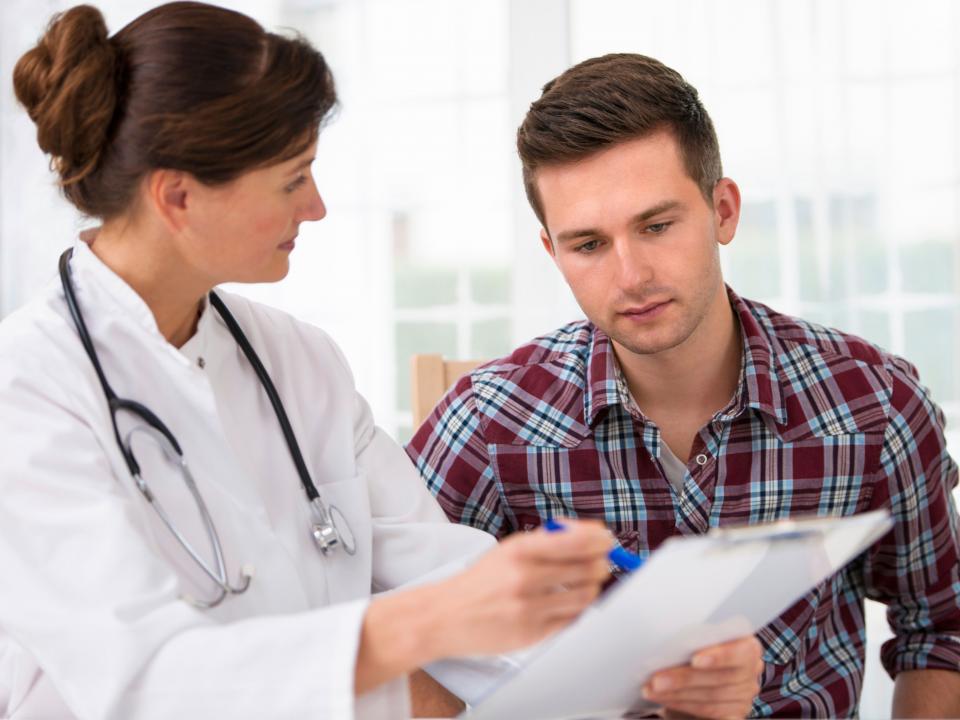
People with cancer can also live in different settings with associated greater or lesser risk of getting COVID. For example, those in nursing home, hospital and institutional care settings are at greater risk of catching COVID than those isolated at home. Hence, it is likely that health agencies will prioritise people in institutional settings to get the vaccine ahead of their peers isolating in the general community. Because of limits on the amounts of stock available and also the numbers of staff needed to safely administer the vaccine, it is likely that people will be given the opportunity to receive the vaccine in groups at different times in different regions.
As different vaccines become available it is likely that specific types of vaccine will be recommended for use in those being treated for cancer. For example, the two vaccines most recently approved are highly effective and are unlikely to interact with cancer conditions so with more information available (because they were the first to be widely used) they may possibly become the go to vaccines for those with cancer.
Finally, healthcare costs can always be an issue for some in our community so the Irish Government has also committed that both the vaccine and the vaccination process will be free for everyone.
Are there other considerations for those with cancer?
Actually there may be and both doctors and patients may need to give consideration to the impact of side effects which happen in some people.
Patients with cancer are justifiably nervous of lumps. In a small percentage of those who have been vaccinated, local glands have occasionally swelled for a time. Patients are also counselled and are often hyper-vigilant for increases in temperature, chills and fevers. In certain forms of cancer or particular types of cancer treatment these can be important signs of infection, which can be serious. Hence, it is possible that occasional side effects, which would not be noteworthy for those not being treated for cancer, could cause undue anxiety against the backdrop of signs that those in the treatment community must be attentive for. Where side effects do occur, they are more commonly described with the second dose and hence patients and healthcare professionals might do well to discuss the possibilities of these happening and options for reassurance should they arise.
What about vaccination of family members?
While it is very clear that the current vaccines prevent illness in people who get them, it is not yet clear if they also prevent those people from being able to pick up and pass on (transmit) the infection to others. While the availability of a vaccine is limited it appears likely, for now, that health agencies will choose to focus the limited stocks of vaccine initially on directly protecting those more vulnerable to COVID infection than those at lower risk around such people. If research proves what many experts hope- that the vaccine also prevents people from passing on infection- and as greater stocks of vaccine become available, ensuring that those in contact with vulnerable people are vaccinated will become a higher more achievable priority.
When will vaccines be available?
This is a difficult question to answer with the kind of accuracy that we might all like. The Irish Government had generated two documents, one describing the strategy for vaccination and the second giving more detail on the implementation plan (see https://www.gov.ie/en/publication/bf337-covid-19-vaccination-strategy-and-implementation-plan/) At time of writing, two vaccines have been approved by European authorities.

However, like any commodity, it takes time to produce vaccines and transport them to locations where they might be used. All of these elements can be subject to delays. Both vaccines must also be kept frozen, the Pfizer vaccine requiring special extra low temperature freezers. A vaccine is a medicine and it must be administered by healthcare professionals trained in how best to give it to people. Even consenting people for a vaccine takes an amount of time and we have a limited number of people who have the skills necessary to give the vaccine so that can cause further delays too. Over time more people will be trained and the delivery processes will become more routine, quicker and efficient as production and supply also ramps up. Billions of people are looking for the same medicines so supply far outstrips demand.
At the minute, Irish government statements suggest that in these early stages we can anticipate roughly 35,000 doses to arrive in Ireland per week. While that sounds substantial the numbers in urgent need of protection are very substantial. Ensuring that our health service can continue to work is also vital so frontline healthcare staff and those who are old or ill institutional settings (and are most vulnerable) have been earmarked to be prioritised as vaccine stocks become available. There are approximately 20,000 living in nursing homes and well over 100,000 people working in our healthcare system. Hence, if all of the stock coming into Ireland was instantly injected into those who are prioritised it would take roughly a month. In practice, operational issues, consent etc slow such processes down and it also takes time to get any new system operating at peak efficiency. But, on the very positive side, plans anticipate a continual growth in the numbers of staff and vaccination locations as well as increasing supply, so speed will increase and more people will get their jab quicker. Balancing all of these, and barring major disruptions, it may take up to a couple of months to vaccinate all of those at highest priority. Hence, one might estimate that it could be later in spring before those with cancer and not in institutional settings might have more routine access. Added to that, it will take roughly 3 weeks after the second dose (6 weeks in total) for maximum protection to be established.
How do vaccines work?
Vaccines work by safely mimicking the exposure of the immune system to proteins found in an infection without using the infection itself. By only using a tiny piece of the protein of an infection there is no risk of causing the disease. In the case of COVID, both of the recently approved vaccines use similar technology to generate immunity. The SARS-CoV-2 virus that causes COVID contains genetic information for 29 proteins. Scientists have taken the message that the virus uses to make just one of these proteins and placed this RNA message into a special particle known to be safe and stable to make the vaccine.
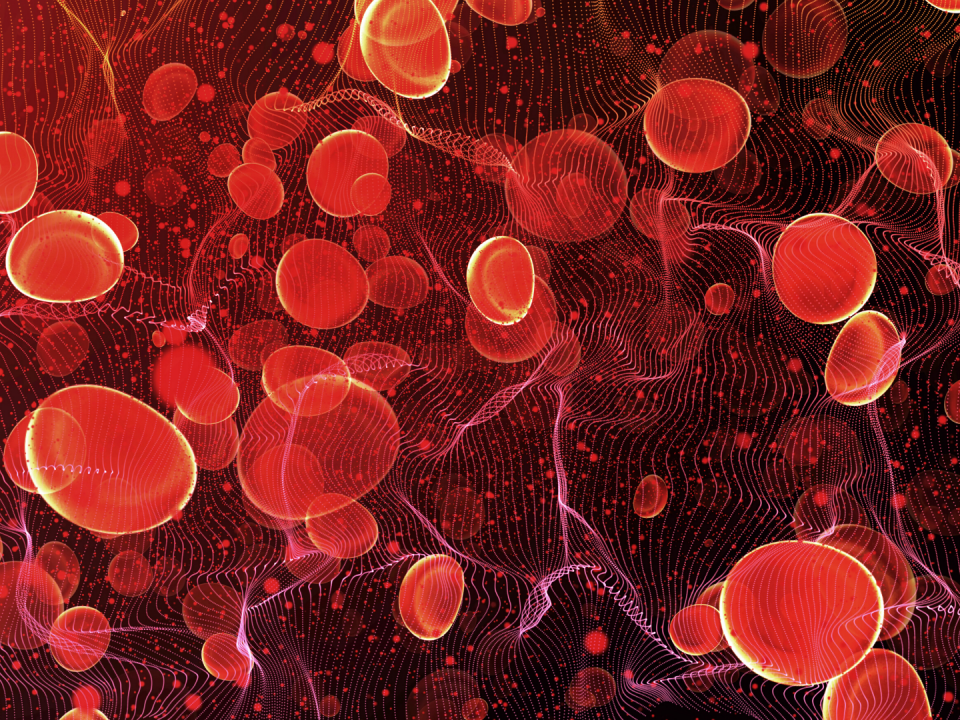
When injected into a muscle the particles allow the RNA containing the message for this single protein to make the cells produce it. This RNA does not enter the nucleus of the cell (where genetic information is stored) and hence cannot change the genes in our cells. The immune system recognises this protein as “foreign” and develops antibodies and cells that will target and destroy any infection carrying the same protein- the spike protein. This RNA is unstable and cells rapidly break it down as they normally do with all of the other RNAs they make. Hence, the artificial spike protein is only made for a short period of time. While genetic technology has been used to make these vaccines, we know that there is no way for such RNA to cause a genetic change in a human cell.
Therefore, these vaccines can neither cause COVID illness nor can they genetically change any cell.
There are other vaccines in development which employ other technologies to safely expose the immune system to this spike protein without causing illness. Some use the protein itself while some other candidates employ viruses that produce the spike protein. These viruses have been carefully chosen as they have been proven to be incapable of causing disease in human beings. How well they work and their safety will be established and proven through rigorous clinical trials before any regulatory agency gives approval to them. Some may not work so well and won’t be approved (as has already happened with some candidates). More technical details on the background vaccine technology can be found here https://www.nytimes.com/interactive/2021/health/how-covid-19-vaccines-work.html
How long will it take before I’m immune?
With both the vaccines undergoing clinical trials and those recently approved it appears that roughly 4-6 weeks is needed for the maximum level of immunity to be established. The currently approved vaccines require 2 doses 3-4 weeks apart to optimise this immunity.
When a person’s immune system is exposed to the first dose a number of adaptations occur in their immune system over several days which result in the gradual emergence of an efficient immune response targeted at the SARS-CoV-2 virus. The second dose helps encourage the immune system to further optimise and grow cells and antibodies which are the most specific and efficient at targeting and preventing the infection from causing disease in the person receiving the vaccine.
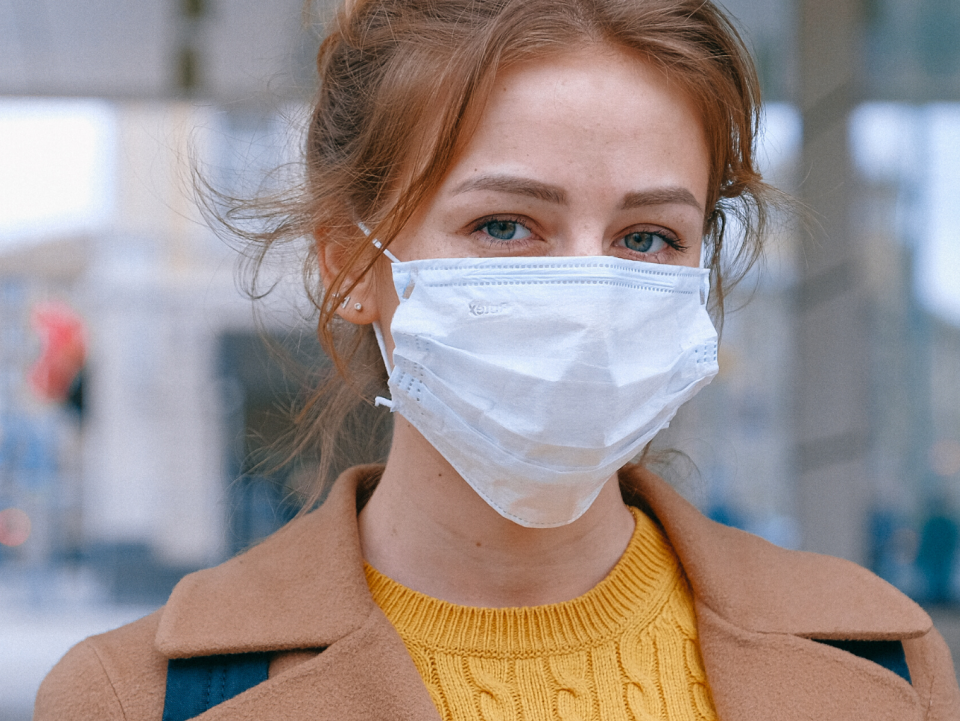
Everyone’s immune system is slightly different and hence there can be come variation between individual people as to how well they can produce a useful immune response. The information to date for both of the approved vaccines is that if 20 people were to be immunised with 2 doses of either, between 18 and 19 of those 20 would not get a serious infection if exposed 6 weeks or later to COVID. This 90-95% efficiency is quite high compared to some commonly used vaccines and conversely no vaccine gives 100% protection to 100% of people. Certain cancers or cancer treatments will impact the immune system and may be expected to either temporarily or permanently reduce the level of immunity associated with the vaccine below that of a non-cancer peer.
While both vaccines are very effective at preventing COVID disease, it is as yet unclear if they will prevent people from also passing on the infection. Scientists are cautiously optimistic that this will be the case and if so, it will more rapidly curtail the impact of the virus since it will not just stop people getting sick but also stop them passing the infection on to others.
How long will immunity last?
This is a difficult question to answer as it is not only dependent on the vaccine and our immune system but on how the virus might change and mutate over time. It is conceivable that over years, the infection may mutate and present new challenges (as happens with different strains of flu). Knowledge of other vaccines and related viruses suggests that the vaccine will give stable immunity from the current infection for at least several years and possibly for many decades. Duration of immunity is not a major worry however, since once immunity is effective for even only a few years, it would give time for new vaccines or boosters to be administered by our national healthcare system. Again this happens with flu vaccines. More optimistically, other vaccines such as MMR, HPV vaccines etc give many decades of protection and hence it might be hoped that a vaccination now might give protection for most people for most of their lives.
Will changes/mutations in the COVID virus affect how well vaccines work?
The SARS-CoV-2 virus is made up of a special type of RNA which makes it more likely for such viruses to mutate and change over time. More people being infected also increases the chances of such mutations occurring. This happens with all viruses but particularly RNA viruses. The virus must bind to a very specific protein – called ACE2- in our airways to get into cells and cause infection. It does this through a protein in its structure called the “spike” protein.

While mutations have been described in the spike protein which can affect how well it binds to ACE2, the spike protein must remain largely the same if the virus is to work. Most of the vaccine technologies work by making the immune system actively target this whole spike protein. Small changes or mutations which might impact how well the viral spike protein binds to its target are thought not to be sufficient to affect how the immune system “sees” the overall spike protein. Hence, the current evidence make experts believe that most of the current mutations seen will not result in a strain of virus able to overcome vaccine-mediate immunity. Only time will tell though if new mutations arise which render vaccine immunity less effective. If this happens, several of the recent vaccine technologies can be rapidly modified to produce immunity to emerging mutations so the scientific community are confident that immunisation technology will be able to stay ahead of any changes that might occur in the virus. Again, this happens routinely with flu vaccination.
Concluding thoughts
Evidence to date indicates that the approved vaccines are safe as well as highly effective at preventing COVID illness in people who have been vaccinated weeks previously. Various limitations mean that it will be some months before sizable portions of our community are immune to COVID. COVID vaccination for those with cancer is very important.
A minority of people affected by certain types of cancer or treatment will not necessarily get the same complete benefit from vaccines as some others or the general population but in general COVID vaccination of those affected by cancer is a very important measure to protect them and their community from the disease.
Until the majority of our population are immunised we will still need to employ the basic measures we use today to curb the rates of infection. So, remaining physically distant from people, wearing face coverings, cough etiquette and hand washing will be vital for many months to come. Vaccination gives major benefits to the individual but its true worth is to the wider society as a whole because it protects people who cannot be effectively vaccinated (like babies or some people with particular conditions). Hence, the choice to vaccinate isn’t just about the privilege protecting ourselves (for free!) but also about how we can make choices to protect and support everyone in our whole community.
Being diagnosed with a life threatening disease such as cancer is in itself unimaginably isolating and frightening for many. Our cancer community has now been sheltering for a year with the added, even greater, burden of loneliness required as people try to protect themselves and loved ones from the hazards of COVID illness.
COVID vaccines hold the promise of safely allowing those with cancer to physically interact back with their families, loved ones, friends and communities and hence patient, healthcare professional and wider community support for vaccination will be pivotal for enabling those with cancer to reembrace the vital interpersonal relationships that add such colour and warmth to all of our lives.
If you have a concern or query about cancer and Covid-19 vaccinations you can speak confidentially to an Irish Cancer Society Cancer Nurse through the Freephone Support Line on 1800 200 700.
Monday to Friday, 9.00am - 5.00pm
